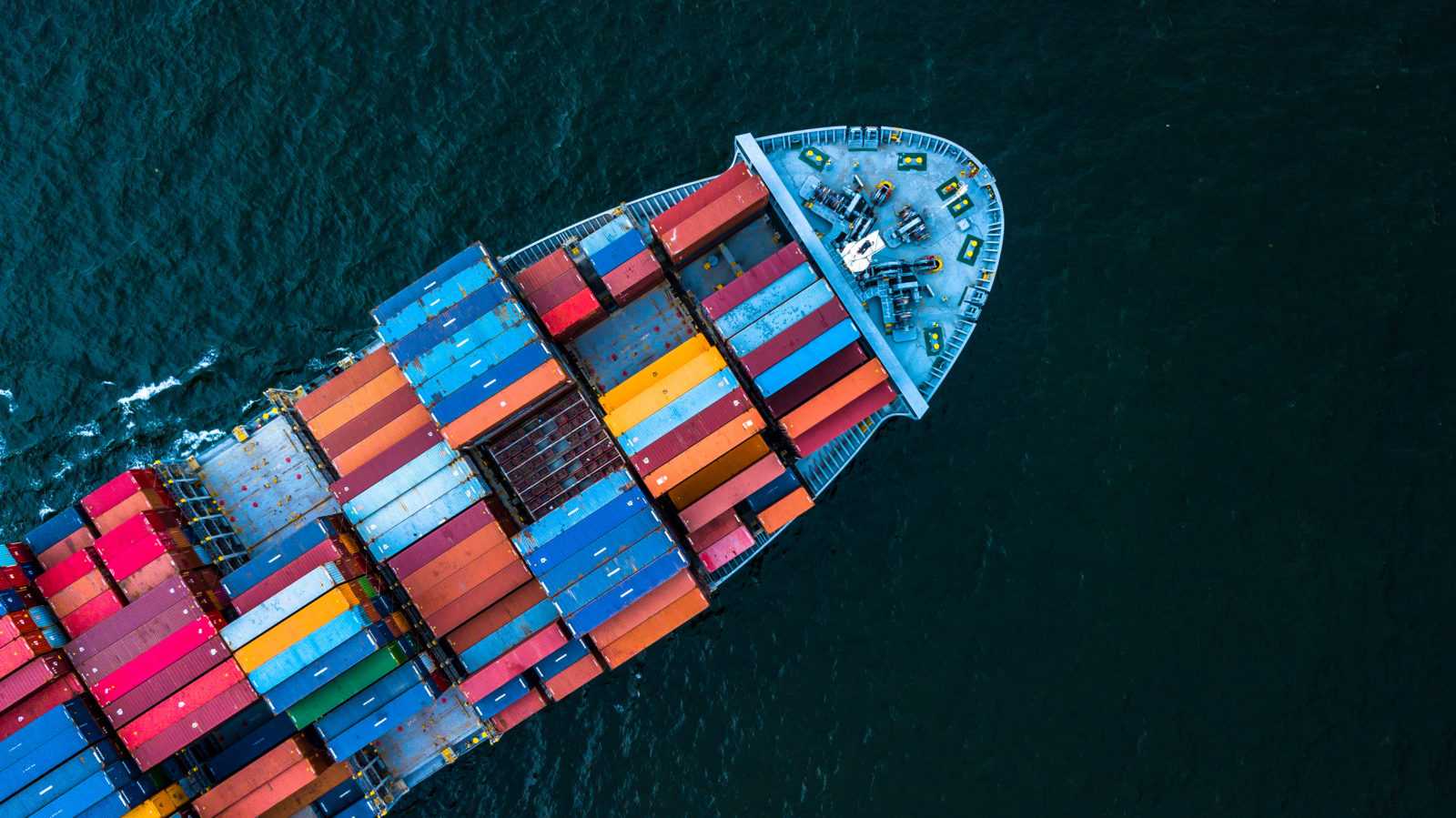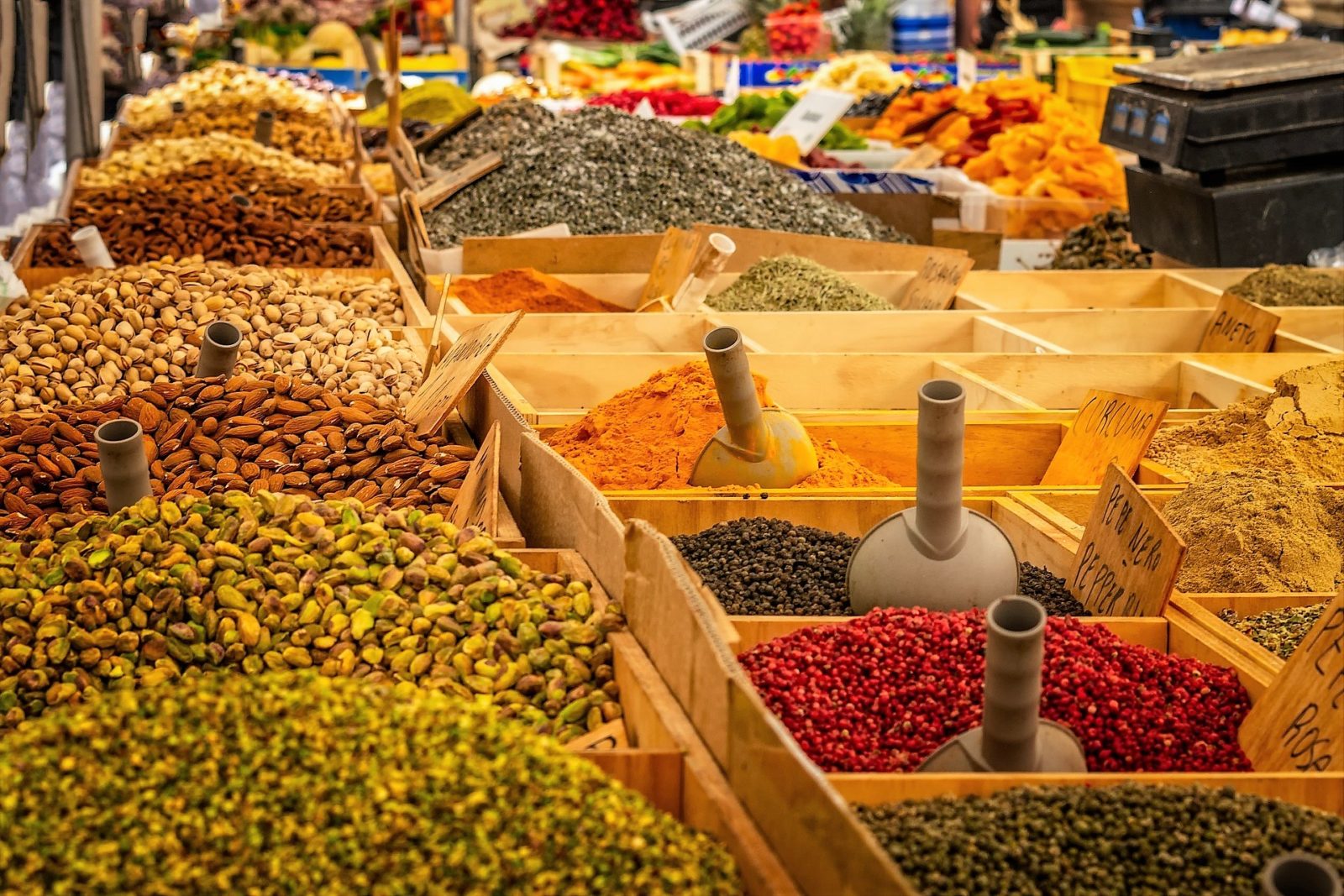
Speeding up global supply chains with blockchain and the cloud
New platform eliminates complex paper shuffling in commodity trading and enhances sustainability
Look inside your fridge and the chances are you’ll find food from all over the world. We usually take this convenience and choice for granted. But how does it all get there?
The answer is via vast global supply chains that make up the fabric of international trade in almost everything from anywhere.
In the case of food commodities, supply chains stretch around the planet and link farmers with buyers. But the process is far from simple. Traditionally, they have followed complicated sets of time-consuming steps and lots of paper shuffling.
Firstly, there are the complexities surrounding international banking credits and payments that involve billions of dollars in transactions.
Buyers, sellers, intermediaries, and agents also swap pages and pages of documents across the various stages of shipping. Then there are compliance issues that require proof that the goods being traded are exactly what they are said to be. Many importers also demand verification that what they are buying is from sustainable sources which are verified.
Now, a new blockchain platform #dltledgers – developed by inter-enterprise software company, Distributed Ledger Technologies (DLT) Pte Ltd – is using the computational power, with the global geographical foot print and security of Microsoft Azure to do away with these mountains of paperwork, digitally.
All parties along each step of a supply chain have full visibility over every transaction … more business can be done with certainty and security.
– Suji Thampi, DLT
 Known as #dltledgers, the platform speeds up the way supply chains move. It also delivers greater transparency, confidence, and certainty for everyone involved from start to finish across borders, oceans, and continents, says Suji Thampi, one of the founders of DLT, who is also its Chief Technology Officer.
Known as #dltledgers, the platform speeds up the way supply chains move. It also delivers greater transparency, confidence, and certainty for everyone involved from start to finish across borders, oceans, and continents, says Suji Thampi, one of the founders of DLT, who is also its Chief Technology Officer.
It empowers trading companies to connect to their supply chain networks and digitalize trade processes and financing documentation among multiple parties, sometimes eliminating the need for middlemen.
It also empowers banks and other lending institutions to offer letters of credit and supply chain financing with greater confidence. Since its launch around two years ago, around 30 banks and 340 trading houses have used the platform, handling around USD1.5 billion in trade finance transactions.
“All parties along each step of a supply chain have full visibility over every transaction,” Thampi says. “It brings transparency and speed to the whole process, and that means more business can be done with certainty and security.”
Previously, the parties in a supply chain have had to wait for physical documents to be generated and passed from one to another before the transfer of ownership of goods could occur. That might typically take five to 10 days or longer.
READ: AI and cargo shipping: Full speed ahead for global maritime trade
But with blockchain, the digital generation and transfer of documentation mean deals can be completed a lot faster. That, in turn, means goods can be shipped out more quickly, reducing storage charges as well as the amount of bank interest that buyers must pay for credit to fund their trade flows. Farmers can also expect to be paid promptly.
DLT is based in Singapore – one of the world’s great trading hubs that sits strategically between the Middle East and India to the west and the rest of Asia to the east. All sorts of commodities and goods – from oil to minerals – pass through this busy port.
dltledgers is designed to handle trade in almost anything and has enjoyed early success in the food trade.
In a way, that is fitting. This sophisticated and affluent city-state enjoys a reputation as a foodie paradise that relies on fresh imports, much of it brought in from Australia.
And one of the biggest Singaporean Trade house Agrocorp, which does the cross border transaction of Australian farm products, have adopted the dltledgers solution for its supply chain operations in partnership with banks in the region and beyond.
The importance of sustainability
As well as seeking out new efficiencies, they want to promote sustainability in trade with blockchain technology by addressing the issues of traceability and transparency for the agricultural products they deal in.
“Sustainability is becoming really important nowadays,” says Vishal Vijay, Head of Business Development, Agrocorp International. “Our customers care very strongly about the sourcing of products, where we source from, when we source from, and what we actually source for them.
“Our ultimate vision is for our customers to have complete traceability and visibility of the products that they are buying, and that they have an increased level of comfort when they deal with us.”













